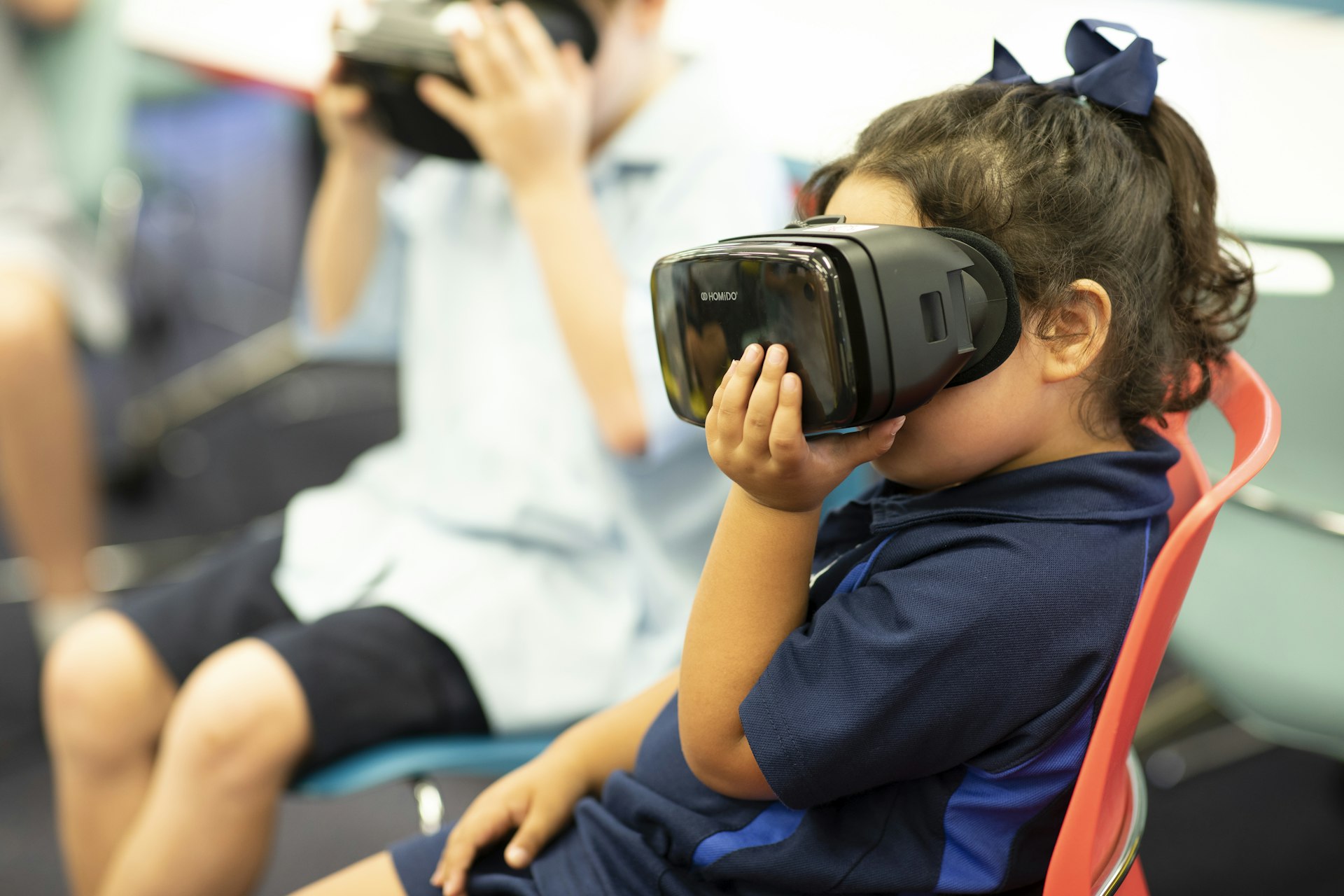How Fan Conventions Shape and Elevate Modern Gaming Culture

Photo by MD Duran on Unsplash
Introduction: The Transformative Power of Fan Conventions
Fan conventions have evolved from niche gatherings into mainstream cultural phenomena, with gaming now occupying a central role in these events. The impact of fan conventions on gaming culture is profound, fostering innovation, community engagement, and industry growth. This article explores how conventions like San Diego Comic-Con, PAX, and SXSW have revolutionized the gaming landscape, offering actionable guidance on participation and highlighting the tangible benefits for fans, creators, and businesses alike. [1]
1. Fan Conventions as Community Catalysts
Fan conventions create vibrant spaces where gamers connect, share experiences, and build lasting relationships. They bring together thousands of passionate individuals, from casual players to professional competitors and content creators. The sense of belonging and mutual enthusiasm at these events fosters new friendships, collaborative projects, and even long-term partnerships within the gaming industry.
For example, San Diego Comic-Con attracts over 130,000 attendees annually, nearly half of whom express a strong interest in gaming. This convergence fuels a dynamic atmosphere where fans can participate in tournaments, demo unreleased games, and interact directly with developers. Such experiences often lead to increased engagement with gaming communities online and offline. [1] To access community-driven activities, attendees should review event schedules for gaming panels, fan meetups, and interactive sessions, often listed on the official convention website or app.
2. Networking and Professional Opportunities
Conventions are pivotal for industry networking, offering fans, professionals, and companies a chance to connect, collaborate, and discover new business opportunities. [3] Industry veterans and newcomers alike benefit from panels, workshops, and social events designed to facilitate professional growth. Creative teams, publishers, and marketers often use these gatherings to scout talent, launch partnerships, and showcase new technologies.
For those looking to break into gaming, attending panels and networking mixers is essential. Most conventions provide detailed programming guides online; look for “career development” or “industry networking” sessions. Consider joining professional associations and following up with contacts made during the event via LinkedIn or email. While some conventions offer dedicated job fairs or portfolio reviews, always verify such opportunities through the event’s official communication channels.
3. Immersive Experiences: Cosplay, Esports, and Interactive Exhibits
Cosplay competitions, live esports tournaments, and themed exhibits are cornerstone attractions at gaming-focused conventions. [3] These activities allow fans to embody their favorite characters, showcase creative talent, and participate in friendly competition. Immersive booths from major game studios provide hands-on demos of upcoming releases, exclusive merchandise, and interactive challenges.
For example, at SDCC 2024, game publishers like Capcom, Square Enix, and Bandai Namco hosted live demos and esports events, drawing crowds eager for exclusive previews and competitive play. [4] To participate, attendees should register for tournaments in advance through the official event portal and review contest rules posted on the convention’s website. Cosplayers can usually find detailed instructions for contest entry and judging criteria online; preparation often includes crafting costumes months ahead and attending local cosplay workshops.
4. Panels, Presentations, and Industry Announcements
Panels at fan conventions offer fans unprecedented access to game developers, designers, and celebrities. These sessions provide insights into game design, storytelling, marketing strategies, and emerging technologies. [3] Major studios use conventions as launchpads for new game announcements, trailers, and exclusive content reveals.
For actionable access to these experiences, attendees should monitor the official convention schedule for “game development,” “esports,” and “industry keynote” panels. Many conventions stream panels online or offer virtual tickets to expand access, especially for those unable to attend in person. Fans may also submit questions for Q&A segments through official event channels or social media pages.
5. Expanding Access: Virtual Events and International Reach
The rise of virtual conventions and international expansion has made gaming culture more accessible than ever before. [2] Events like PAX Online and Gamescom digital offer interactive live streams, remote tournaments, and global networking opportunities. These virtual platforms enable fans worldwide to participate in panels, showcase creative work, and engage with game publishers in real time.
To access virtual convention experiences, search for the event’s official digital portal or streaming partner. Registration is typically required, and some sessions may have limited capacity. For international conventions, follow official social media channels for updates on translated content, time zone schedules, and remote participation options. Qualifying language is paramount: some features “may be available” only to registered users or may “typically require” advance sign-up.
6. Fostering Diversity, Inclusion, and Safe Environments
The best fan conventions prioritize diversity and inclusion, cultivating welcoming spaces for all backgrounds and identities. Organizers implement safety protocols, offer accessibility services, and encourage positive community standards. [5] Inclusive programming can include panels on representation in gaming, safe spaces for marginalized groups, and accessibility accommodations for attendees with disabilities.
To find inclusive programming, review the convention’s official accessibility and diversity statements, typically available on the event website. Attendees can request assistance or special accommodations by contacting the event’s support team directly. If uncertain about specific services, use qualifying language and request guidance from official staff members.

Photo by Jon Tyson on Unsplash
7. Challenges and Alternative Approaches
Organizing and attending fan conventions presents challenges, such as navigating large crowds, managing ticket costs, and ensuring safety. Some fans may encounter access barriers due to geography, mobility, or financial constraints. In these cases, virtual conventions, local fan gatherings, and online gaming communities offer alternative pathways to engagement.
For smaller or local events, search for “gaming meetups” or “fan festivals” through community organizations and local gaming stores. Many industry groups maintain directories of regional conventions and virtual events. When facing ticketing or travel challenges, look for convention scholarships or volunteer opportunities, which may offer discounted or complimentary passes in exchange for helping with event logistics.
Conclusion: The Lasting Impact of Fan Conventions on Gaming Culture
Fan conventions have become true havens for gaming enthusiasts, driving both personal and professional growth. They foster innovation, facilitate networking, celebrate diversity, and offer immersive experiences that define modern gaming culture. [5] Whether attending in person or online, fans can access a wealth of opportunities to connect, learn, and shape the future of interactive entertainment.
References
- [1] Digiday (2024). Gaming’s rise at San Diego Comic-Con reflects a broader cultural ascendance.
- [2] Fiveable Library (2025). Conventions and fan events: Study guide.
- [3] American Image (2025). Games for conventions: Engaging activities for event success.
- [4] The Brue Company (2025). Top 5 conventions that revolutionized entertainment through gaming.
- [5] Ticket Fairy Blog (2025). Comic cons and fan festivals: Engaging fandom communities effectively.
MORE FROM findworkpro.com













